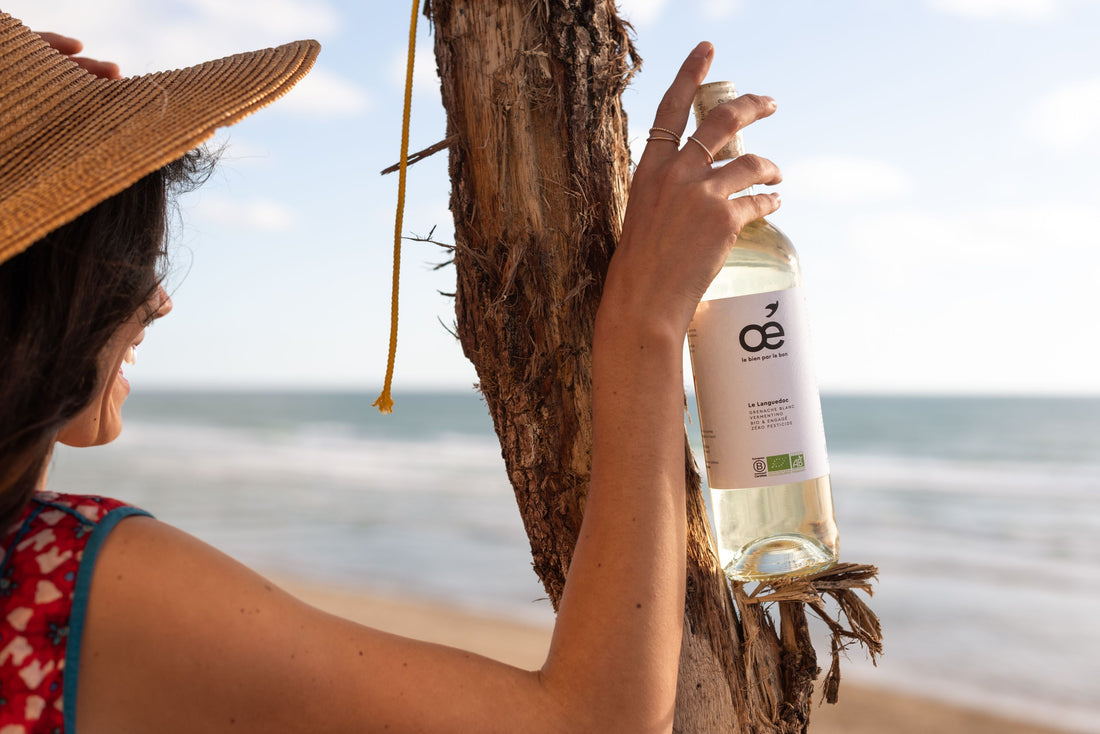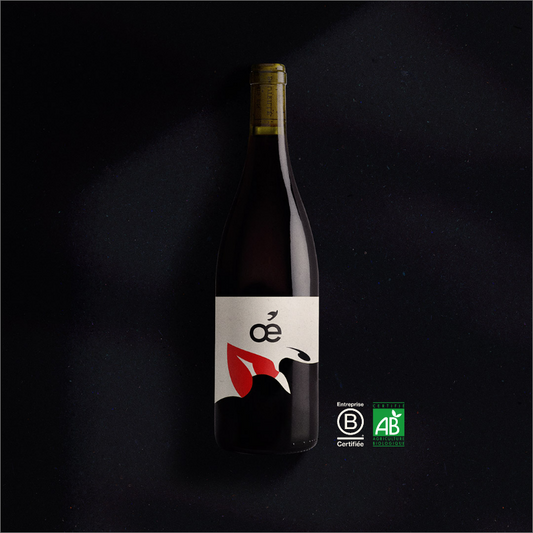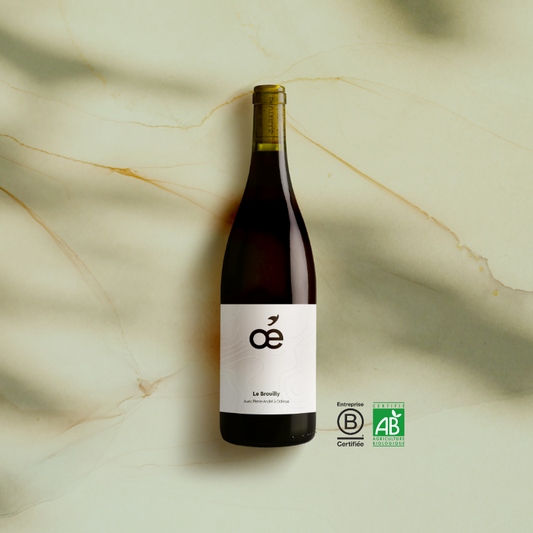The roles of sulphites in wine production
They mainly have a sanitizing and antioxidant role, which is why some winegrowers add them during vatting or bottling. You should therefore know that a wine without sulphites does not exist . The mention “without added sulfites” means that no sulfites were added during the elaboration of the wine. Thus, since January 1, 2015, the mention “contains sulphites” is mandatory on the label of wine bottles.
Winegrowers use a lot of pesticides. Generally, in conventional wines, the amount of sulfur used is (very) high and the ingestion of this element can cause headaches or migraines, even attacks and anaphylactic reactions in people with asthma.
It is therefore strongly advised to choose wines that contain a small amount of sulphites . This is the case for organic wines for which the authorized sulphite levels are very low.
When fermented during aging, grapes naturally produce sulphur.
Manufacturers can afford to add a few extra grams of sulfur to production to protect the wine from oxidation in contact with oxygen.
In this case, sulfur plays a conservative role, but it also controls alcoholic fermentation by blocking the development and propagation of bacteria and certain yeasts.
Sulfur can also be used in the disinfection of barrels and materials used in production to kill fungus and mold.
Sulfur also plays an important role in accelerating the decomposition of the grape and in the release of tannins and aromas.
Want a good wine without sulphites? Visit our site!
Conventional wines are very sulphite
The addition of sulfur in wine making is completely legal. Conventional winegrowers can use it at almost all stages of production:
- At the harvest,
- Upon receipt of the harvest,
- At pressing,
- On vatting,
- Mutage for sweet wines,
- At the end of the alcoholic and malolactic fermentation,
- During ageing, conservation and storage of wine and before packaging.
These few milligrams added at each step come to about 160 mg per liter in a classic dry red wine .
In sweet white wines, up to 400 mg per liter of sulfur are found .
Sulfite-free or sulfur-free wine
On the label of some wine bottles, the elements "sulfite-free" or "sulphur-free" are mentioned . We would like to remind you that this is a wine without added sulfur or sulphites and this detail is very important.
In the production of these wines , “natural” sulphites are added . During the fermentation of the grape, yeasts develop and there is also a formation of more or less volatile sulfur compounds.
In these so-called “sulfite-free” or “sulphur-free” wines, the dose of natural sulfur is very low. The only problem is that there is no legislation requiring you to include the levels of sulphites contained in the bottle! The only solution is therefore to turn to organic wines for which the regulations are very precise:
Red wines need less added sulfur overall because they contain natural antioxidants in the skins of grapes and stalks during fermentation.
Why does organic wine contain less sulphite?
As part of a conventional cultivation of vines, fertilizers, herbicides and pesticides containing sulfur compounds are used . These will be felt in the wine.
For organic farming, winegrowers are subject to specifications prohibiting the use of fertilizers , phytosanitary products and chemicals.
To have good quality grapes, they strengthen the vine's defences, which allows them to limit chemical treatments .
Grapes from organic farming therefore contain very little sulphites . If no chemicals are used during cultivation, the winemaker can use conventional winemaking methods for aging.
He is therefore authorized to use sulphites, but in the context of organic, he will only be entitled to a few products and only a limited quantity.
SAINS wine: a drink without sulfites
You can also see in the description of certain wines the indication SAINS which is the abbreviation of "Without Any Intrant Nor Sulfites Added". It is natural wines or natural wine that are most concerned.
Do not confuse organic wine with natural wine . For organic wine , it is possible to resort to the use of sulfur and an input to vinification. For a healthy natural wine , we use grapes from organic farming and in the vinification, we use no input and no sulphite. In these HEALTHY wines, there is only 30 mg/litre of sulphur.





